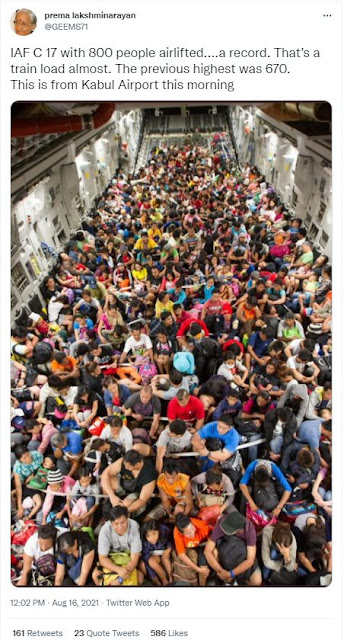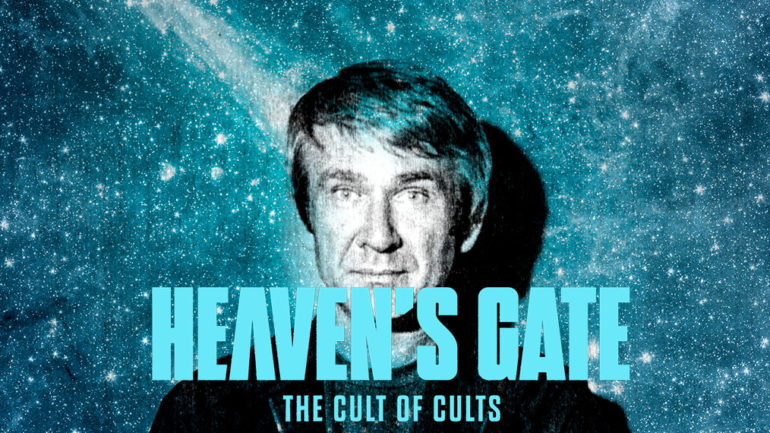Having seen a couple of episodes of Netflix's 'Midnight Mass', I have opposed feelings: on one hand I love the eerie feeling of the series, but I hate the simplistic character development, specially Bev, the ignorant and evil catholic puritan, in contrast with the cultured tolerant and integrated muslim. Oh, and let's not forget how the evil puritan convinced everybody to take the oil companies' money, and give it to her (another nice prejudice including silly fishermen who can be fooled about how much money two years of fishing are worth...).
Midnight Mass if full of those common believes about Christianity and Catholicism that makes you wonder if the creator of the series really believes them, or it is just showing what he thinks the audience of Netflix wants to see...
For instance, about the number of Catholic, which the main character, makes a speech about, churches in North America (where the series comes from) here we have some real data:
It is also funny how this main character claims that the idea "God works in mysterious ways" is basically making people miserable. It is funny because many studies say the opposite, that religious people are happier and more satisfied with their lives [1][2]. We could go on discussing how the lack of faith, the lack of spirituality, are leaving people emptier, easy prey for the elites who control the culture, the discourse (in another post we will discuss how the modern discourse resembles a religion).
It is not less funny how the mainstream media (for which Netflix is currently the paradigm) presents a parallel reality which, in fact, has become the only reality for most of the population, the 'official' reality.
In the 'official' reality, Muslims are oppressed and Christians are the oppressors. In the actual reality, Christians are being banished from most of the countries where Islam is the main religion.
 The increase in the U.A.E. and Saudi Arabia
The increase in the U.A.E. and Saudi Arabia
is due to exiles from neighbor countries.
But you may say, this is not what happens in the 'Western
World'. The fact is, 'Midnight Mass' could not have been made with a
mosque instead of a Catholic church, not in any Muslim country, but
neither, and this is important, in any Western 'free' country.
UPDATE Oct 20, 2021
We could discuss why Islam and democracy are incompatible, but that would require more time, but for you thinking that Christian extremists are dangerous, here is some data about the average Muslim in Europe.
There is a speech in the Midnight Mass from the sheriff Sharif:
"Muslims
believe that Jesus is a prophet of God, and that the Injeel, the Bible,
was revealed to him as the Torah was revealed to Moses before that.
See, we love Jesus. And we love the message that was revealed to him.
But we also believe, after the time of Jesus, thanks to the interference
of men, there were deviations in Christianity.
People altered the message. Priests, popes, kings.
That’s why there’s so, so many versions of the Bible.
People got in there, made their changes.
Okay, we do though believe that the Bible contains some of the original
word of God.
But we also believe that God revealed the Quran as the final message.
Never to be altered.
To reassert the original revelations of the previous prophets."
So
basically he is explaining why Christianity is wrong and Islam is the
true religion... So much for an atheist show. People tend to miss a
point that comes from this speech: "God revealed the Quran as the final
message". Muslims believe the Quran contains the words of Allah, the
words dictated by Allah himself. This has a practical effect: there is no adapting the Quran to the modern world, because it is the word of Allah, there is only adapting the World to the Quran. This is one of the reasons explaining the next chart.
It is ironic that to find a criticism of the positive interpretation of Islam in Midnight Mass you have to go to Muslim sources:
The writers of Midnight Mass tried to present Islam as more reluctant to miracles than Christianity, but as Muslims themselves note, it is not the case. As put in here: "Along with the village’s doctor, Sarah (Annabeth Gish), and sheriff, Hassan (Rahul Kohli), these characters bring a more clear-eyed perspective to the bizarre happenings on Crockett—their reactions are filtered through the prisms of atheism, science, and, in Hassan’s case, Islam, which in some corners of the island is demonized." The good guys are atheists or muslims.
And in the end the church has to be burned to save the (outside) World, the priest throws his collar, and the Muslim boy converted to Christianity goes back to pray to Allah with his father. The perfect Netflix world.
















